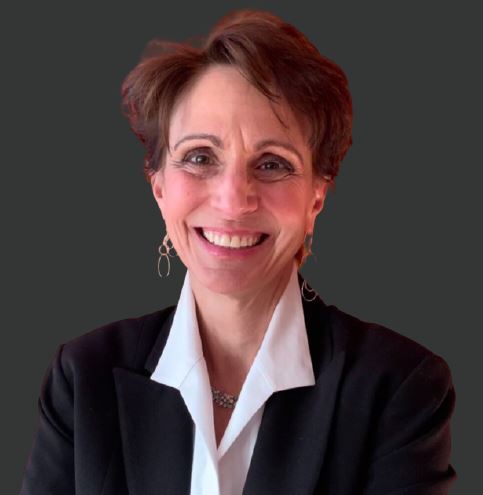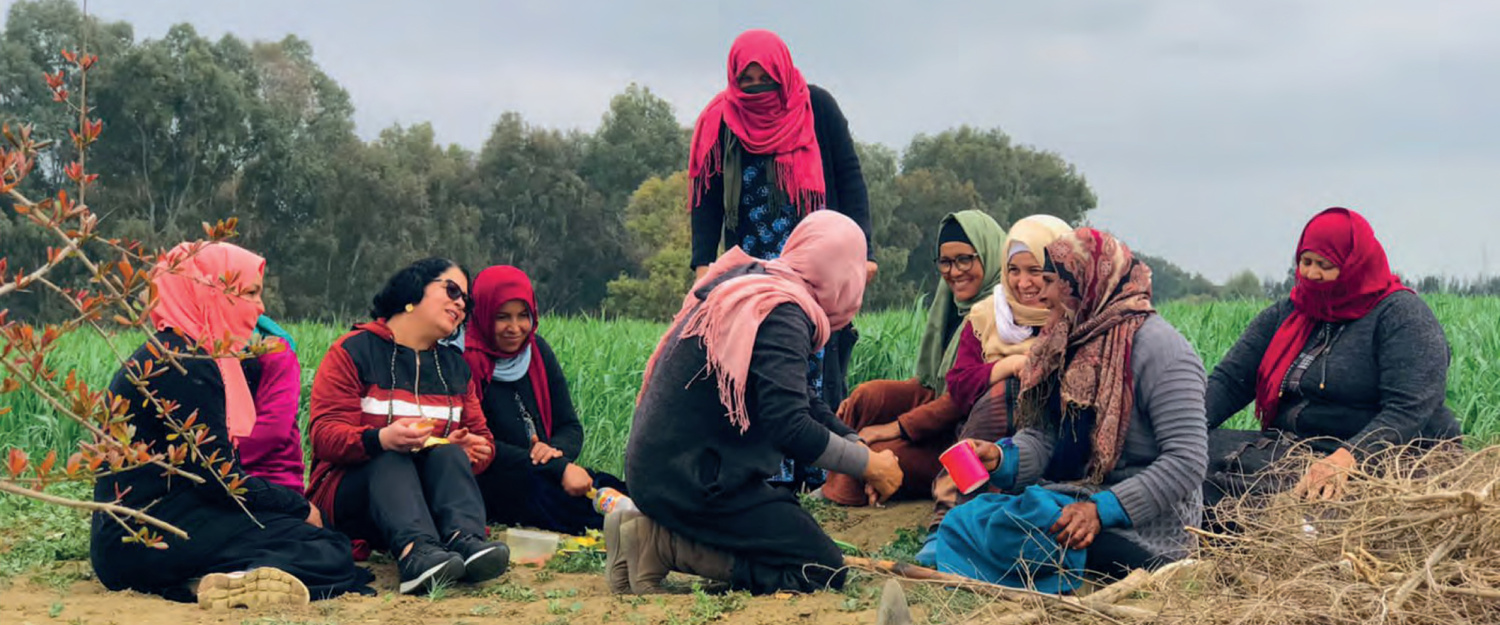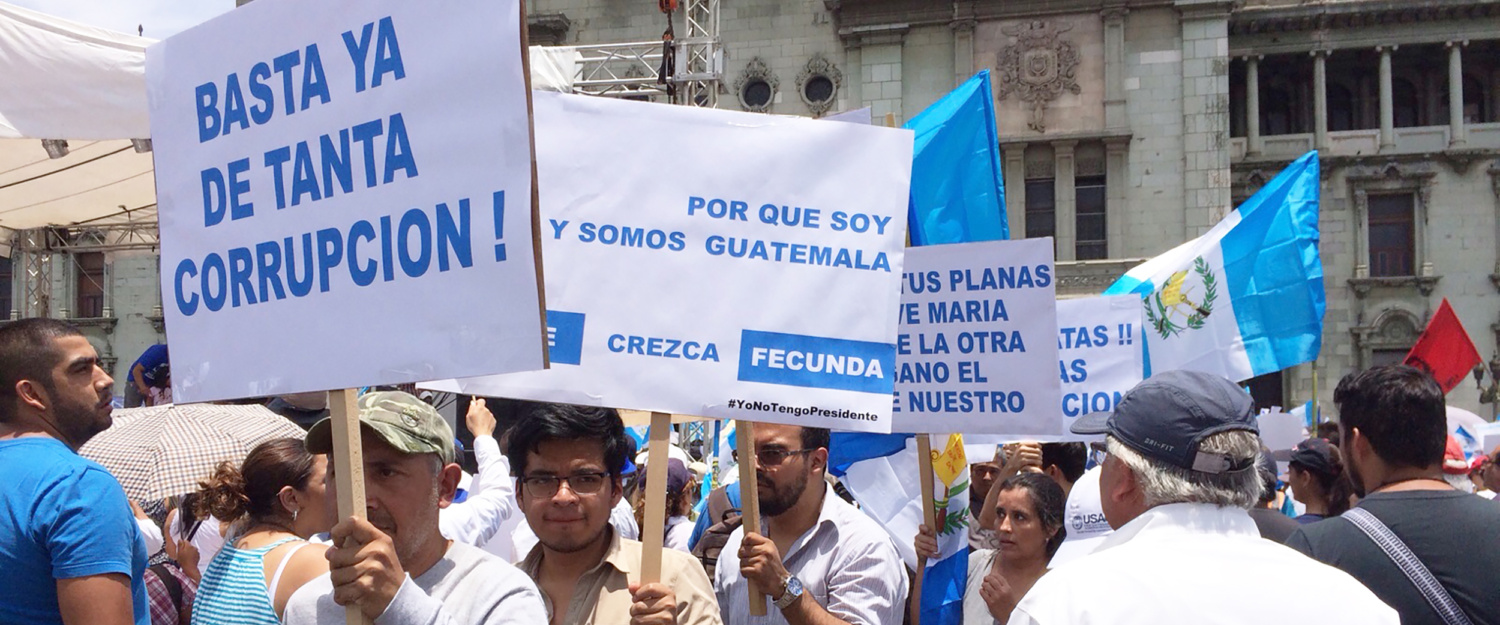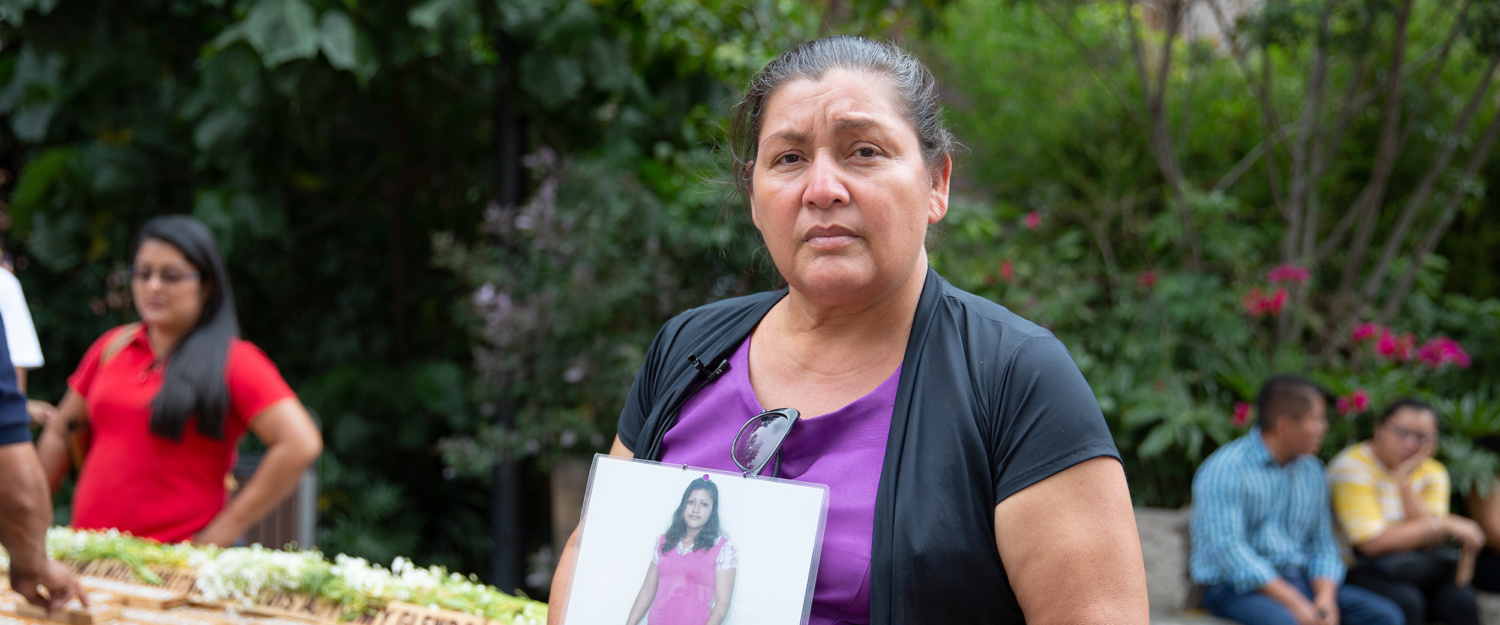
Nonpolarizing-communication guide and training
Advocates can face both strategic and personal challenges when engaging with decision-makers and elected officials with differing views on public health policies. Constructive dialogue in these instances requires them to find and build on shared values and common ground with policymakers, and to care for their own needs, feelings, and sense of safety. To support both policy progress and advocates’ well-being, we created a research-driven guide and training that helps them assess decision-makers’ mindsets and priorities and explore, in less polarizing ways, policies that support children and families.
What was the challenge?
Following the launch of the Voices for Healthy Kids Racial Equity in Public Policy guide, health policy advocates asked Voices for Healthy Kids, an initiative of the American Heart Association, for an addendum: help tailoring messages for decision-makers in conservative states where there may be more opposition to certain policies.
Many advocates expressed that when they met with decision-makers who held differing attitudes about families, economics, local decision-making, and other issues, conversations felt strained and unproductive. In their strategic work to pass policies, advocates sometimes found themselves avoiding interaction with these decision-makers, gritting their teeth through frustrating or even harmful conversations, and putting their own feelings and needs aside.
Further discussions with advocates and decision-makers across the country showed a mutual need for connection, authenticity, and integrity. Decision-makers asked to be met with respect and patience as they try to understand a myriad of issues. Advocates shared a desire to better understand decision-makers’ priorities and values while also having a sense of emotional safety and tools for self-care and peer support when talking with people whose values may differ from theirs. Many said they felt isolated in this work; advocates who are Black, Hispanic, Asian, or Indigenous felt most challenged, especially when discussing equity in policy.
What did we do?
It was clear from these conversations that advocates needed more than talking points. They needed ways to work through tension, understand where decision-makers were coming from, and find common ground.
We used the science of archetypes, which are typical examples of a person or group, to more fully understand the idea of “conservative decision-makers.” Initial archetypes drew on research from Pew and others and were informed by our conversations with message researchers, a political scientist, and influencers with conservative and progressive viewpoints.
We then fine-tuned them in one-on-one conversations with decision-makers representing those archetypes (in collaboration with our partner Bellwether Research), during which we explored general values and perspectives on two priority issues: prenatal-to-three (PN-3) policies and local-decision making (preventing ceiling preemption)—both with a firm commitment to increasing health and racial equity. The archetypes—created with a strong obligation to understand, not stereotype or generalize—offer insight into what people uniquely value and how that informs their hearts and decisions.
To bolster both effective communication and advocates’ well-being, we turned to nonpolarizing (or nonviolent)-communication theory. We partnered with Anusuya StarBear, a nonpolarizing-communications specialist experienced in holistic conflict resolution, to develop individual and team exercises and approaches to help advocates prepare for all stages of a policy conversation.
The result is Finding Commonalities and Solutions With Decision-Makers, an online resource that includes not only the topic-focused messaging and information on archetypes and nonpolarizing-communication practices mentioned above, but also access to recorded training modules, live webinars, and technical assistance, so advocates feel more equipped to constructively engage with conservative elected officials during policy conversations, either on topics we created messaging for or others.
What happened?
Advocates report that the resource is unique and welcomed for its focus not merely on messages, but also on creating connection with their peers and with policy-makers, and on caring for themselves in the work. The archetypes and nonpolarizing-communication techniques are bridge-building mechanisms that are grounded in curiosity and broadly applicable. The format flexibility allows for continued topic and audience development, providing Voices for Healthy Kids the foundation of a dynamic and engaged support tool for their advocates.

From our client:
“This approach and guide are an important addition to the advocate’s toolbox, building long-term connections grounded in values. Advocates are using it—and continue to request training and support—to find a place “in the middle” where people can hear each other, talk to each other, and find collective solutions for babies, toddlers and families. Are policies changing? It’s too soon to gauge. But advocates are having conversations that might have previously been avoided, and that’s progress.”
—Lori Fresina, National Vice President and Executive Director of Voices for Healthy Kids, American Heart Association


